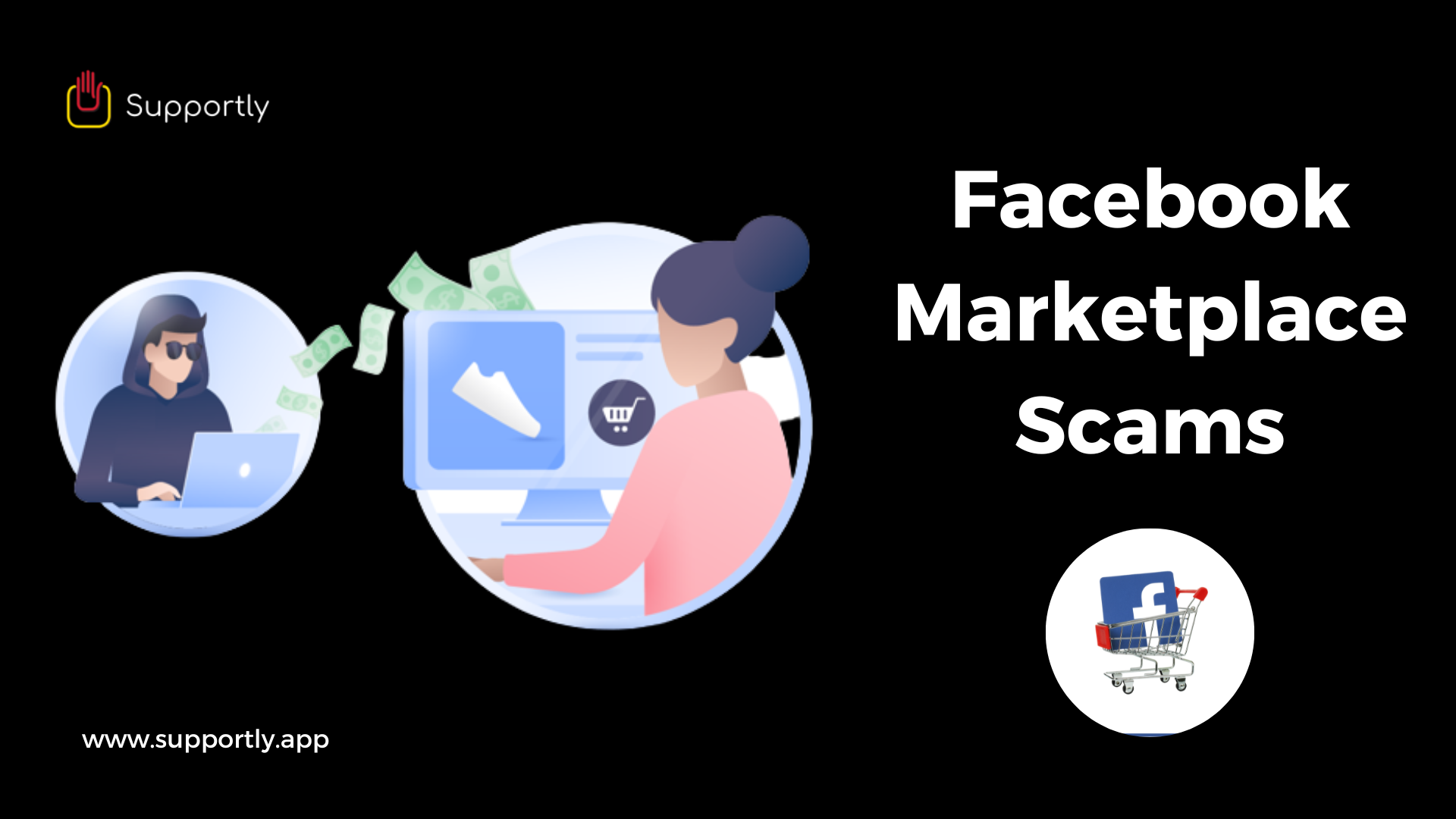Forgot Windows Login Password? Here’s How to Reset It Easily

Try to become aware of Facebook Marketplace fraud by reading more about it.

Facebook Marketplace reached one billion global users in the previous year. By enabling Facebook users to transact with one another invisibly, it has grown to be a titan in the consumer-to-consumer sector. For a number of reasons, it has eclipsed Craigslist in terms of popularity. Since the majority of individuals already have a Facebook account, it is also free and easy to use. Users can look for postings in their neighbourhood, which makes pick-up considerably simpler. Additionally, users are more confident in the site's safety and security because they can examine the profiles of merchants. Unfortunately, this sense of security is frequently unfounded.
One recent survey found that 1 in 6 respondents (17%) had experienced online fraud. Of course, a lot of the business on Facebook's "classified ads section" is legal, but like any other online market, it also draws a lot of con artists.
Therefore, it should come as no surprise that the social network is struggling to thwart fraudsters, occasionally overreacting by removing legitimate members while unintentionally allowing schemes to get past a combination of automated checks and human reviewers. The stakes are very high with phoney listings including apartment sales and car purchases.
Users are under much more pressure as a result to comprehend the standard tactics employed by internet con artists as well as what they may do to stay protected.
Sellers may promote a product that appears to be in good condition in the image they posted. However, after delivery or when you bring it home, it is found to be broken. Electronic purchases provide additional challenges because you frequently can't check out every feature before making a purchase. This could occur because of a dishonest salesperson or a skilled con artist.
If it isn't broken, it might be a phoney item. Targets for counterfeiting are frequently designer clothing, perfume, jewellery, and cosmetics. It can be difficult to tell whether they are real or not from a little photo, much like frauds with damaged goods. Everyone is searching for a good deal. However, deals that seem too good to be true frequently are.
Additionally, Facebook Marketplace is used to perpetrate fraud of other kinds, possibly on different platforms. In one instance, the con artist consents to make a purchase. But after moving the chat to an unrestricted channel, such as WhatsApp, they ask the seller to verify their identity with a code. The two-factor authentication code that was really delivered to the seller's phone was started by the fraudster and sent by Google Voice. They can now set up an account using the seller's phone number, which they can utilise for future fraud. With more information, they might try to access or register new accounts in your name.
On Facebook Marketplace, scammers may also con sellers. One typical instance is when they share a screenshot purportedly documenting the transaction and claim to have overpaid for anything you're selling. They'll request a return of the difference. However, as there was no initial payment, you now owe the refund sum.
Selling something, getting the money, and then never giving it to the customer is a common swindle. Obviously, only things sent from beyond the buyer's local area are covered by this.
Spamming Facebook Marketplace with giveaway offers is one approach to obtain that extra information. The victim believes that simply clicking on a link and entering some personal information, they will automatically be entered to win free luxury goods, cryptocurrency, or other exclusive offers. Of course, the con artists only need their personal data to carry out subsequent identity fraud or theft.
Fraudulent purchasers may also approach sellers who have pricey things listed on Facebook Marketplace. The latter agree to cover the cost of shipping and submit a phoney invoice to "prove" it. There is only one catch; a minor insurance fee must be paid by the vendor. Given how little it is in relation to the item being sold, the seller might agree to accept it.
Scammers promote products that are frequently of great quality and have highly alluring price tags. When you want to get the "deal," it's "gone," and you'll be presented with a comparable item at a much higher price or a worse substitute.
I hope you found this article helpful; if you need assistance with a any tech support issue, call our customer service line at (+1) 855-748-0653 or visit our reputable website at https://www.supportly.app
Call Now : (+1) 855-748-0653
Live Chat or Call now: Click Here
Download App for Android: Click Here
Download App for iOS: Click Here